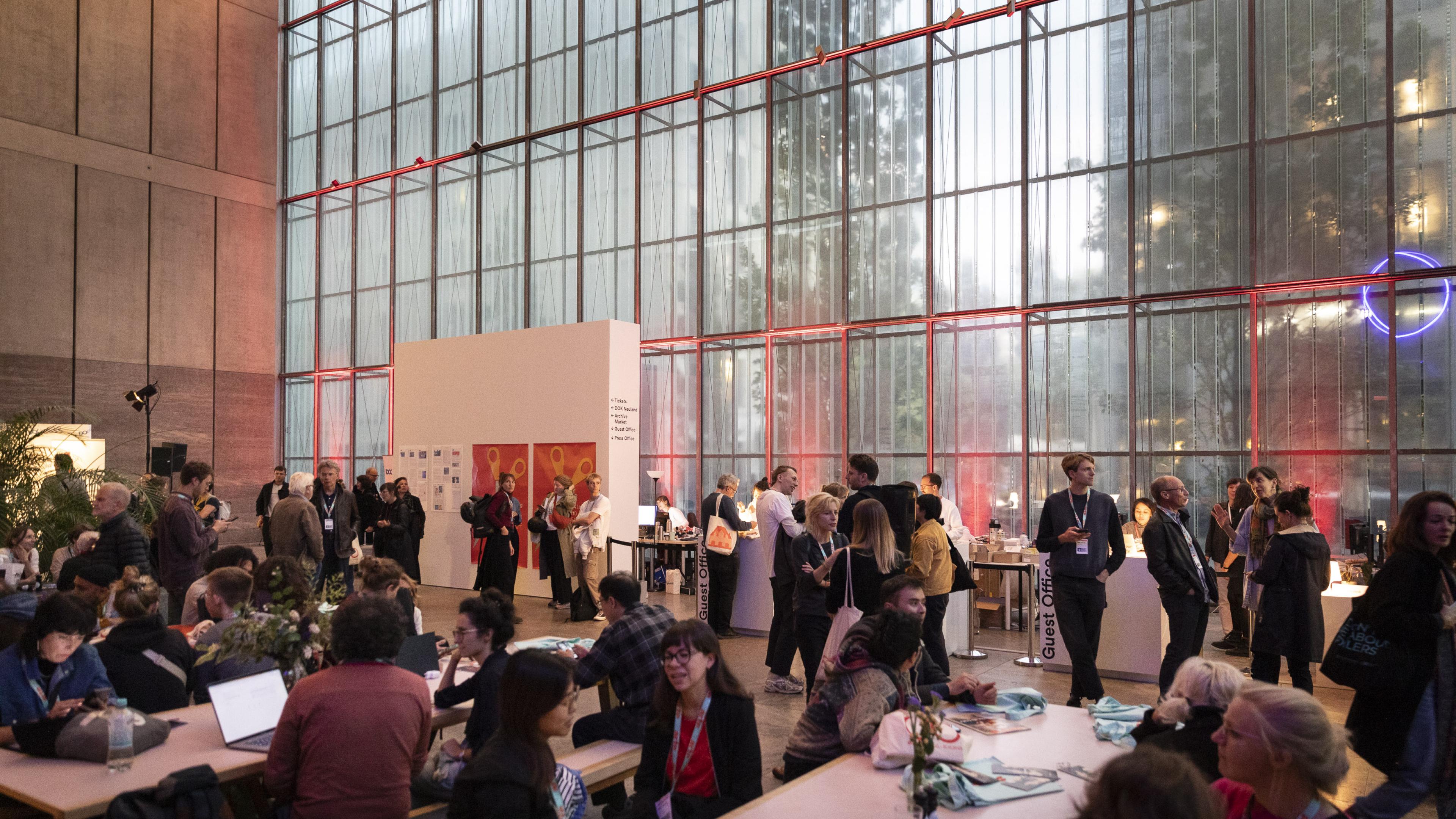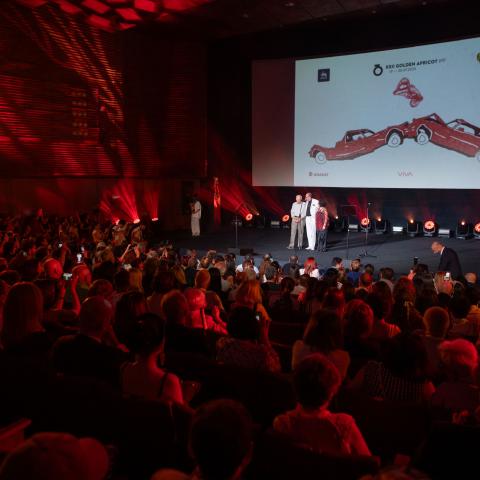Press Area

All year round we inform interested journalists about the latest news at DOK Leipzig. On this page you will find our press releases and information about press materials.
Photos and Logos
Press Kits of Festival Films
Press Mailing List
Please contact us and we will add you to our press mailing list:
Nina Kühne
presse [at] dok-leipzig [dot] de (presse[at]dok-leipzig[dot]de)
+49 (0)341 30864-1070

The festival network Doc Alliance is happy to reveal this year’s guest festival. At the regular Doc Alliance meeting in December 2025, the seven partner festivals thanked the 2025 guest festival Punto de Vista for the fruitful collaboration and welcomed GAIFF, the Golden Apricot Yerevan International Film Festival, as their partner for 2026.
As the DA guest festival, GAIFF will participate in joint events and meetings at which the network members exchange experiences and ideas regarding topics such as educational practices, supporting emerging talents, XR programming, inclusive programming and sustainability. Furthermore, the festival will nominate one short and one feature-length film for the Doc Alliance Award and co-select this year’s jury.
Founded in 2004 in Yerevan, Armenia, the Golden Apricot Yerevan International Film Festival (GAIFF) is guided by the principle of being a “Crossroads of Cultures and Civilizations.” The festival’s mission is rooted in building bridges and fostering meaningful dialogue between cultures through cinema. GAIFF welcomes films from across the world that reflect diverse ethnicities, religions, and national identities, united by a shared exploration of the human experience. The festival’s programme brings together fiction and documentary films without distinction of form, and features International and Regional Competition sections, a short film programme dedicated to emerging Armenian filmmakers, as well as a range of non-competitive sections showcasing both contemporary works and classic masterpieces of world cinema.
The Doc Alliance network of documentary film festivals supports emerging talents in European documentary film. Each of the seven members (CPH:DOX, Doclisboa, DOK Leipzig, FIDMarseille, Ji.hlava IDFF, Millennium Docs Against Gravity FF and Visions du Réel) as well as the guest festival select one short and one feature-length documentary film to compete for the Doc Alliance Award.
The shortlisted films for the 2026 Doc Alliance Award will be announced in late April. The winners will be presented at Cannes Docs (Marché du Film, 12 – 20 May).
More about Doc Alliance: Doc Alliance website
More about the guest festival 2026: GAIFF
You can find previous press releases (2020–2024) in our press archive.